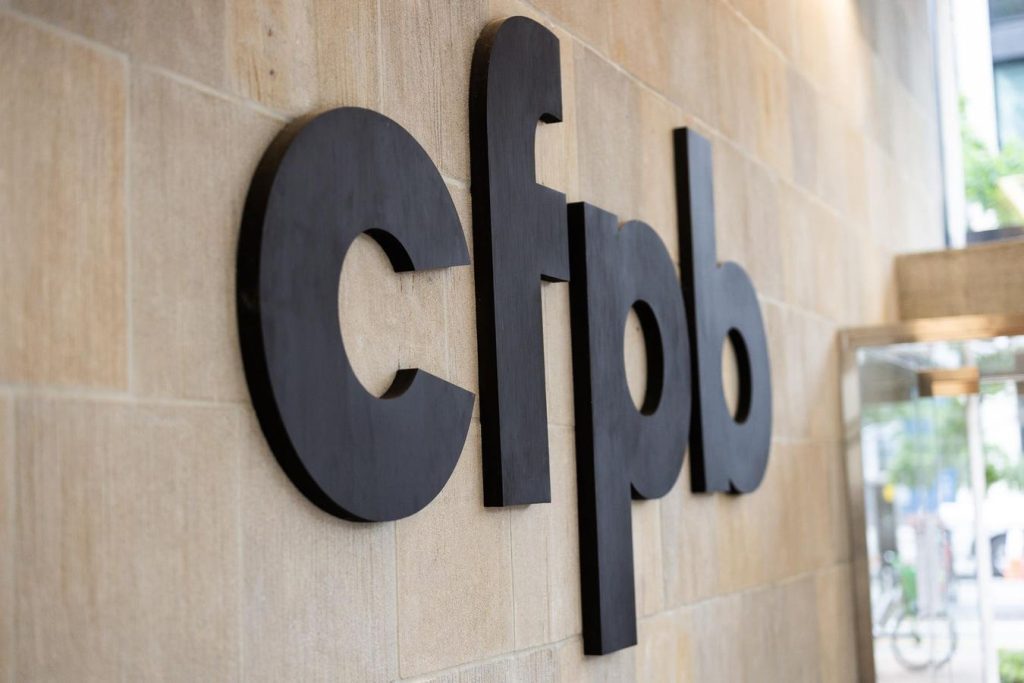The Consumer Financial Protection Bureau (CFPB) has issued a stark warning to credit card companies and other financial institutions, highlighting deceptive practices related to rewards programs. These practices, often disguised within complex terms and conditions, can mislead consumers and deprive them of the benefits they were promised. The CFPB’s circular specifically addresses issues such as the devaluation of earned rewards, hidden conditions for earning or maintaining rewards, and the outright failure to deliver promised benefits. The agency emphasizes that fine print disclaimers and vague contractual language cannot contradict prominent promotional materials advertising rewards. Moreover, the CFPB warns against practices like revoking, canceling, or preventing consumers from redeeming rewards based on obscure conditions or system failures that result in the loss of accumulated points. This action signals a renewed focus on protecting consumers from unfair and deceptive practices in the credit card industry, underscoring the need for transparency and clear communication regarding rewards programs.
The CFPB’s warning comes amidst a broader context of consumer financial activity. Holiday retail sales experienced a notable boost this year, surpassing previous figures and demonstrating a resilience in consumer spending. This increased spending, however, comes at a time when credit card debt remains a significant concern. The average American holds a substantial number of credit cards, and the collective credit card debt in the United States has reached record levels. While the growth of credit card debt has slowed compared to previous years, the overall balance remains high, raising concerns about the financial well-being of consumers. This backdrop of increased spending and persistent debt underscores the importance of the CFPB’s intervention, as consumers may be increasingly reliant on credit cards and vulnerable to deceptive practices related to rewards programs.
The distribution of credit card ownership across the United States reveals regional variations, with some states exhibiting significantly higher levels of credit card ownership than others. This disparity may reflect differences in economic conditions, access to financial services, and consumer behavior. Understanding these variations is crucial for policymakers and financial institutions seeking to address the challenges and opportunities presented by credit card usage. Furthermore, the high average number of credit cards held by Americans highlights the prevalence of credit card usage in everyday transactions and the potential for consumers to become entangled in complex reward systems and associated deceptive practices. This emphasizes the need for consumer education and regulatory oversight to ensure fair and transparent credit card practices.
The CFPB has also taken direct action against companies engaging in potentially harmful practices. In a recent lawsuit, the CFPB accused Walmart and Branch Messenger of exploiting delivery drivers by forcing them to use specific deposit accounts and imposing excessive fees. This case exemplifies the CFPB’s commitment to protecting vulnerable workers from unfair financial practices. By requiring drivers to use these accounts and obscuring the process for accessing earnings, the companies allegedly profited from fees while limiting drivers’ control over their own finances. This action underscores the CFPB’s broader mission to ensure fair access to financial services and prevent exploitation within the financial industry.
The cost of credit card processing fees also adds to the financial burden faced by both consumers and businesses. These fees, which can vary significantly depending on the type of card and the merchant, represent a considerable expense for businesses and ultimately contribute to higher prices for consumers. Understanding the structure and impact of these fees is crucial for businesses seeking to manage their operating costs and for consumers seeking to make informed financial decisions. The availability of various pricing models for credit card processing offers merchants some flexibility in managing these costs, but the complexity of these models can also create challenges for businesses, particularly smaller ones, in navigating the payment processing landscape.
Looking ahead, the outlook for interest rates in 2025 remains uncertain, but the Federal Reserve’s recent signaling suggests that interest rates may remain higher for longer than previously anticipated. This has implications for various forms of borrowing, from mortgages and auto loans to credit cards and personal loans. Sustained higher interest rates could impact consumer spending, housing affordability, and overall economic growth. Understanding the potential trajectory of interest rates is crucial for consumers planning major purchases or managing existing debt, as well as for businesses making investment decisions. The interplay between interest rates, inflation, and consumer spending will continue to shape the economic landscape in the coming years.

